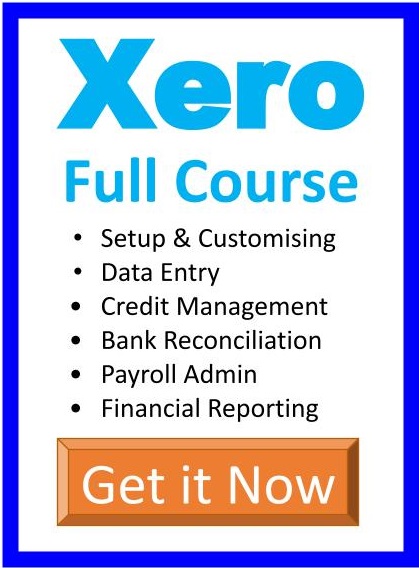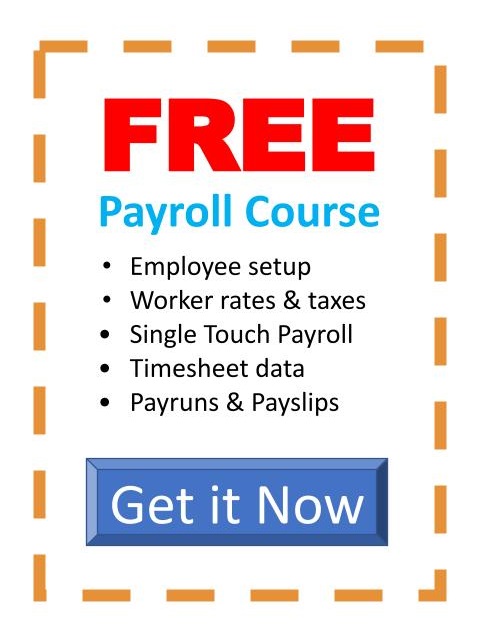Weigh up the Pros and Cons
In business, being confident and having a positive attitude is fundamental to ensuring your existence is long and prosperous. But sometimes, particularly in the development stages of your business, it’s easy to get caught up in all the positives that you forget that starting a business can have its risks, too.
There are 6 questions we recommend you ask yourself before you start a new business:
- Finance: We discussed some of the alternatives to a bank loan to finance your start-up in a previous post, but deciding what finance you will use is dependent on many factors, such as whether you’re comfortable giving control to financiers or whether your business will still grow and prosper with the few funds you’re able to inject into it.
- Remuneration: That’s a word you typically hear as an employee, not as the business owner, but thinking about how your new business will make money in terms of remunerating you for the work you do is important. Turning a profit to pay your overheads and suppliers is one thing; turning a profit that can pay you a wage is another. All start-ups should set a deadline for achieving remuneration for their owner — be realistic and put plans in place in the instance of fast growth and slow growth.
- The real costs: As a start-up, you need to keep your overheads low — profitability is the only thing that matters in the early days on business. But you also need to make sure your business is flexible enough that you can scale-up when you gain some traction or even scale-down if need be.
- The market: Budding entrepreneurs are often told to ask themselves if their new business will fill a gap in the market. Sometimes the answer is ‘yes’, sometimes it’s ‘no’; but the more important question is: will people want to pay for it? That’s maybe the only question that matters, because if people don’t want to pay for what you’re offering, you’re in trouble. Test your offering before investing your time and money in it and research the market thoroughly before going into business based on that idea.
- Vision: You need to have a vision for how you want your business to grow and develop, and you need to put goals in place to achieve this. You also need to determine whether your long-term goal for your business is something the market wants.
- Your competencies: Many entrepreneurs make the mistake of thinking they can run the show without any outside help; that they can be an expert at everything. Knowing this isn’t true, knowing your competencies and surrounding yourself with people who can add knowledge and expertise in the areas of your business you’re not familiar with will safeguard you from making preventable mistakes that could end up costing you money, or worse: your business.
***
There are many reasons why some new businesses succeed and others fail; but being a successful business owner is about being aware of the risks and exploring each of them with some depth so that, should they occur, you’re prepared for them with a contingency plan.





















